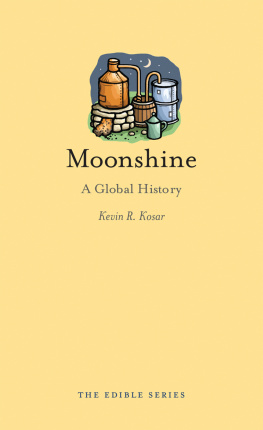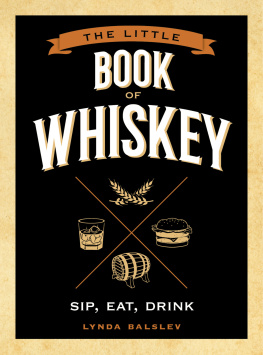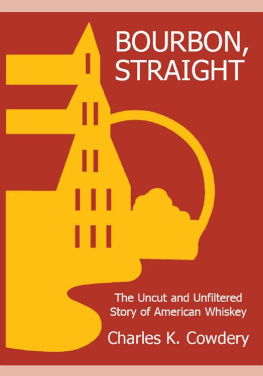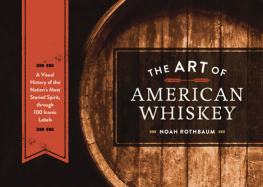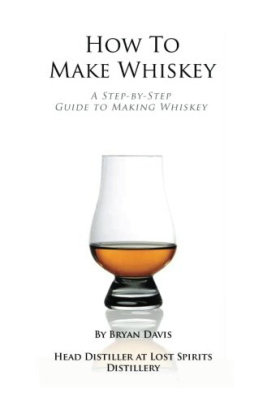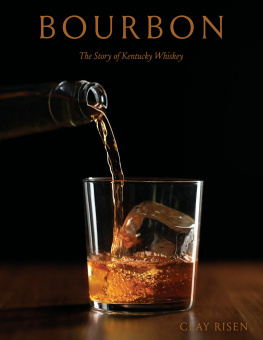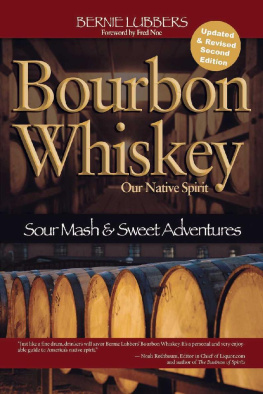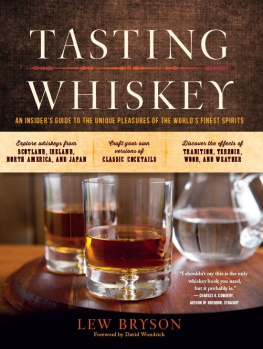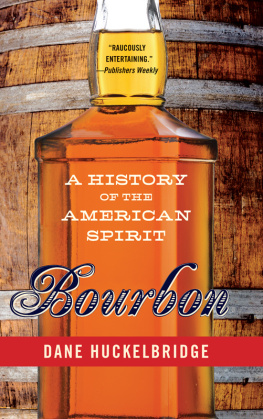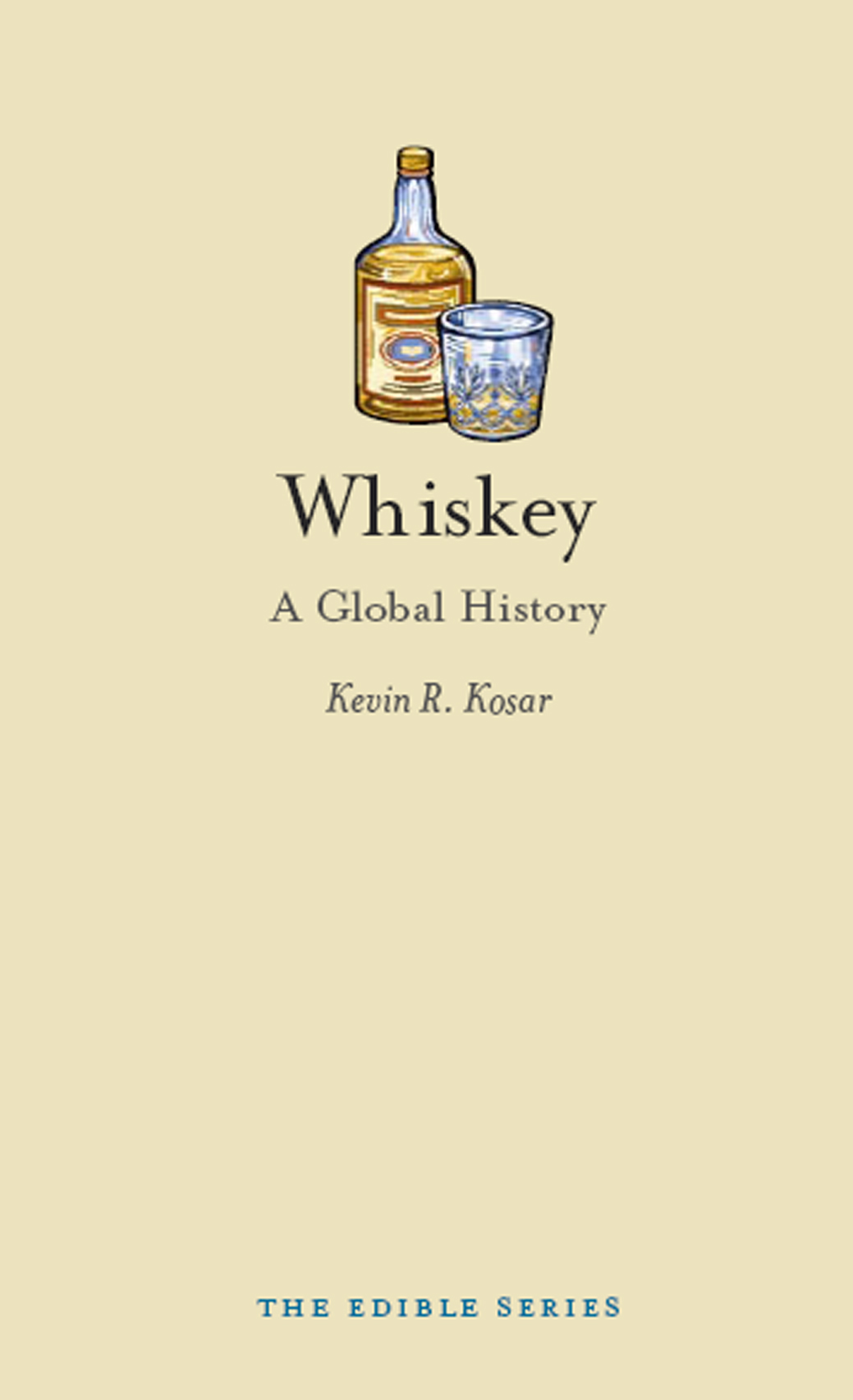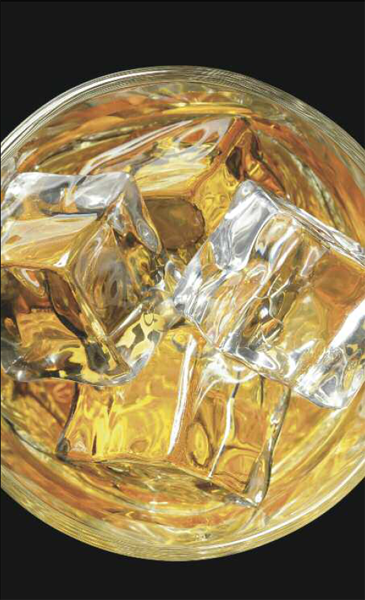Kevin R. Kosar - Whiskey: A Global History
Here you can read online Kevin R. Kosar - Whiskey: A Global History full text of the book (entire story) in english for free. Download pdf and epub, get meaning, cover and reviews about this ebook. year: 2010, publisher: Reaktion Books, genre: Romance novel. Description of the work, (preface) as well as reviews are available. Best literature library LitArk.com created for fans of good reading and offers a wide selection of genres:
Romance novel
Science fiction
Adventure
Detective
Science
History
Home and family
Prose
Art
Politics
Computer
Non-fiction
Religion
Business
Children
Humor
Choose a favorite category and find really read worthwhile books. Enjoy immersion in the world of imagination, feel the emotions of the characters or learn something new for yourself, make an fascinating discovery.

- Book:Whiskey: A Global History
- Author:
- Publisher:Reaktion Books
- Genre:
- Year:2010
- Rating:4 / 5
- Favourites:Add to favourites
- Your mark:
Whiskey: A Global History: summary, description and annotation
We offer to read an annotation, description, summary or preface (depends on what the author of the book "Whiskey: A Global History" wrote himself). If you haven't found the necessary information about the book — write in the comments, we will try to find it.
A Manhattan or a Sazerac; neat, on the rocks, or with a splash of sodano matter how its served up, whiskey is synonymous with the poets inspiration and the devils spirit. Be it bourbon, rye, corn, Irish, or Scotch, whiskey has an infamous and celebrated history from a sometimes lethal, herb-infused concoction to a high-quality, meticulously crafted liquor.
In Whiskey, Kevin R. Kosar delivers an informative, concise narrative of the drinks history, from its obscure medieval origins to the globally traded product that it is today. Focusing on three nationsScotland, Ireland, and AmericaKosar charts how the technique of distillation moved from ancient Egypt to the British Isles. Contrary to popular claims, there were no good old days of whiskey: before the twentieth century, consumers could never be sure just what was being poured in their cupunscrupulous profiteers could distill anything into booze and pawn it off as whiskey. Eventually, government and industry established legal definitions of what whiskey is and how it could be made, allowing for the distinctive styles of whiskey known today.
Whiskey explains what whiskey is, how it is made, and how the types of whiskey differ. With a list of suggested brands and classic cocktail recipes for the thirsty reader, this book is perfect for drink and food enthusiasts and history lovers alike.
Kevin R. Kosar: author's other books
Who wrote Whiskey: A Global History? Find out the surname, the name of the author of the book and a list of all author's works by series.

